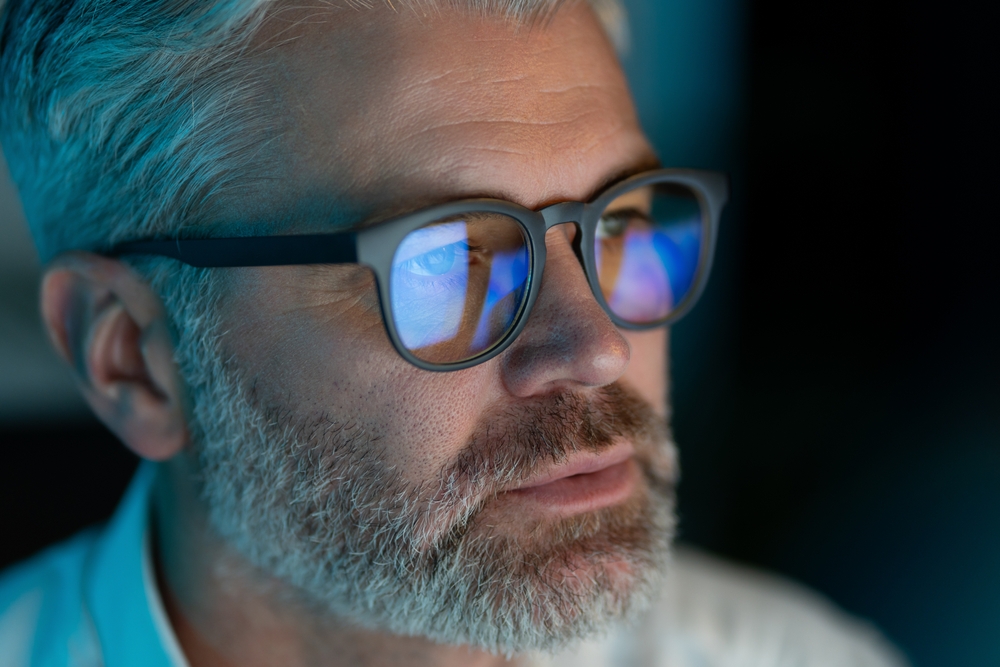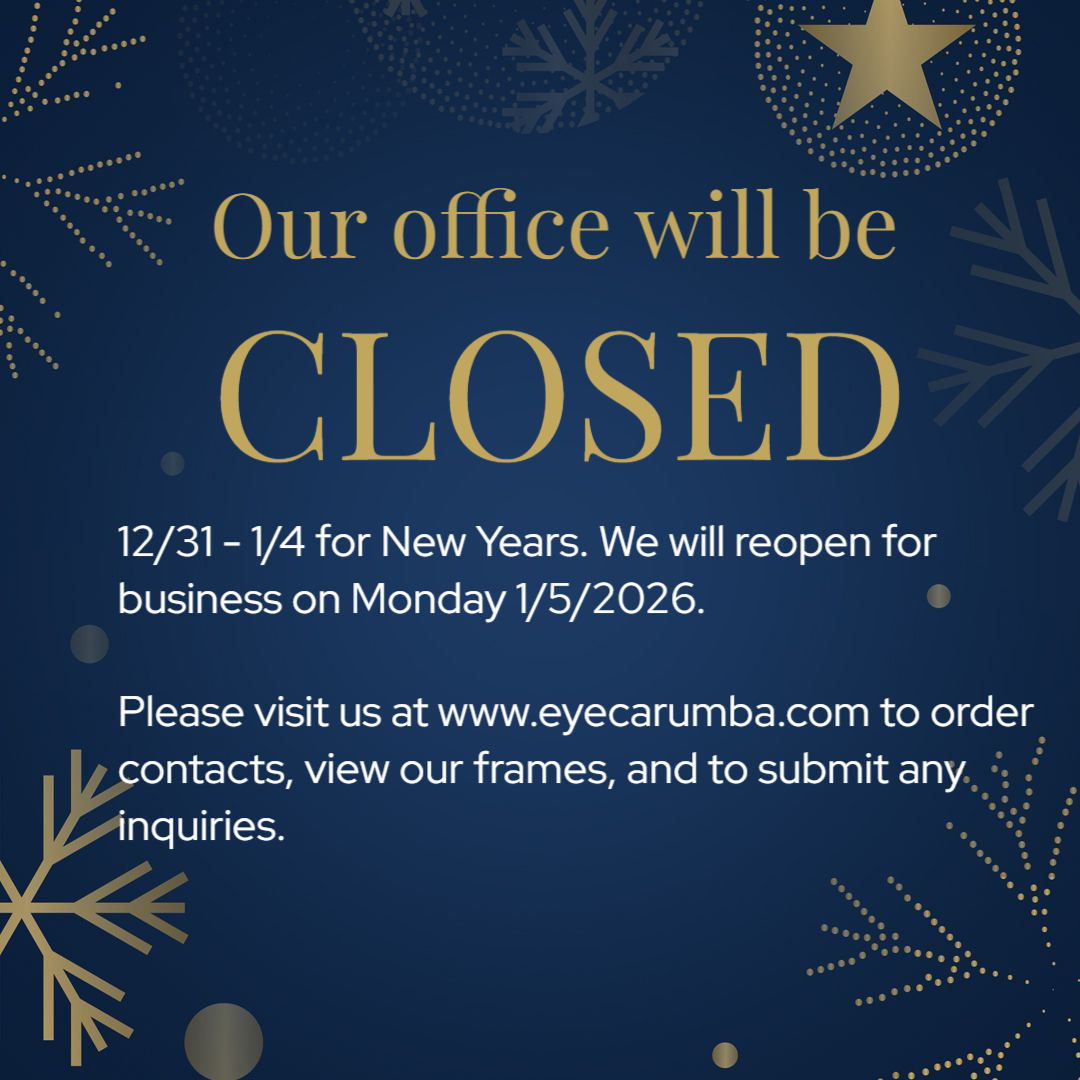
In today’s digital world, many of us spend hours each day in front of screens. With so much screen time, blue-light filtering lenses have gained popularity. These lenses are marketed as a way to reduce eye strain, protect against potential retinal damage, and even improve sleep. But how much of this is fact, and how much is fiction?
The Connection Between Blue Light and Sleep
Blue light is a type of high-energy visible (HEV) light emitted by digital screens, LED lighting, and even the sun. It plays a role in regulating our circadian rhythm - the body’s internal clock that influences when we feel awake and when we feel sleepy.
Exposure to blue light in the evening, especially from phones, tablets, and computers, can signal to the brain that it’s still daytime. This suppresses melatonin production, the hormone responsible for helping us fall asleep, which can delay sleep onset or reduce sleep quality.
Do Blue-Light Lenses Help?
Blue-light lenses are designed to filter out or block a portion of the blue light emitted from digital devices. Research shows they may help with:
• Reducing evening exposure to blue light: This could, in theory, make it easier for your body to wind down at night.
• Improving comfort: Some patients report less glare and fewer headaches when wearing blue-light glasses during screen use.
• Supporting better sleep for sensitive individuals: People who struggle with sleep or spend long hours on screens close to bedtime may notice some improvements.
However, it’s important to note that while some studies suggest benefits for sleep, others show minimal or no measurable improvement. Experts agree that blue-light lenses may be helpful for some individuals but are not a guaranteed fix for sleep problems.
Fact or Fiction?
Blue light does in fact affect your sleep cycle, and blue-light lenses can help reduce your evening exposure to it. However, they are not a cure-all for poor sleep. Establishing healthy habits - such as limiting screen time before bed, dimming lights in the evening, and maintaining a consistent bedtime routine - are equally important for supporting better rest.
Discover Solutions for Better Eye Comfort
Blue-light lenses can be a valuable tool, especially for those who use screens late into the evening. While they may not solve every sleep problem, they can be part of a healthy routine to protect your eyes and support better rest.
If you’re curious about whether blue-light lenses are right for you, schedule a comprehensive eye exam at Eye Carumba Optometry. Visit our office in San Francisco, California, or call (415) 360-6900 to book an appointment today.







